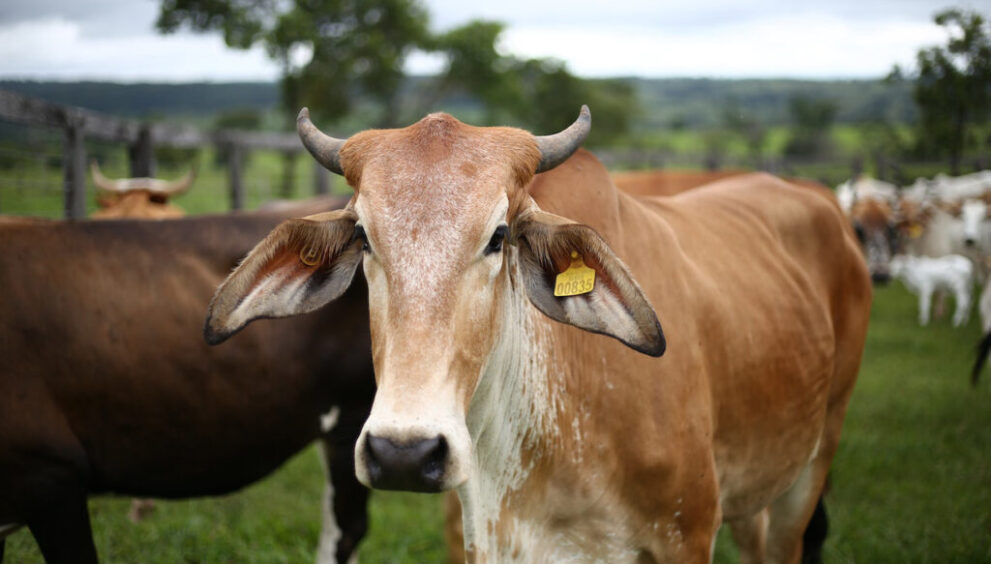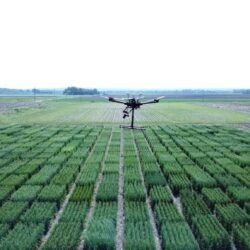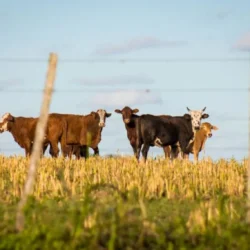Cape Town – Animal diseases pose a significant threat to livestock health and productivity, with far-reaching consequences for food security and economic stability across Africa. In response, a pioneering team led by Prof Anna-Lise Williamson at the University of Cape Town (UCT) is developing a revolutionary platform technology that promises to transform veterinary medicine.
Prof Williamson, former Chair of Vaccinology in the South African National Research Foundation SARChI programme, along with her colleagues Dr Ros Chapman and Dr Nicola Douglass, is working on a recombinant lumpy skin disease virus (LSDV) DNA vector. This innovative platform enables the development of multiple vaccines tailored for cattle and other animals within a single product.
Dual Vaccines for Multiple Diseases
Harnessing this proprietary vector, the team has developed a portfolio of dual vaccines targeting several critical diseases, including bovine ephemeral fever, rabies, East Coast Fever, and foot-and-mouth disease. These dual vaccines not only protect against multiple diseases simultaneously but also promise to improve animal health and well-being, thereby reducing the transmission of these diseases among key production animals.
“The potential benefit of this platform is immense,” said Prof Williamson. “It will enable the development of cost-effective vaccines, making them more accessible to farmers in resource-limited settings.”
Support and Collaboration
The development of this groundbreaking technology has been funded by the Technology Innovation Agency (TIA). The Research Contracts and Innovation (RC&I) team at UCT is actively engaging with key South African and international vaccine manufacturers to navigate the commercialisation and regulatory hurdles that often accompany new biotechnologies. By working closely with industry leaders, RC&I is laying the groundwork for the widespread adoption of these vaccines and potentially establishing its own manufacturing company to ensure consistent and efficient production.
Global Impact
The impact of this technology extends beyond Africa. By providing a scalable and effective solution to some of the most pressing animal health challenges, UCT’s LSDV DNA vector platform exemplifies how African innovation can contribute to global advancements in science and technology. This pioneering work not only enhances animal health but also underscores the vital role that African research institutions play in addressing worldwide issues through cutting-edge innovation.
“This platform is a testament to the ingenuity and resilience of African researchers,” said Prof Williamson. “Our work demonstrates that Africa can lead in scientific innovation, providing solutions that benefit not only our continent but the world at large.”
As the world grapples with the challenges of animal health and food security, UCT’s innovative approach offers a beacon of hope, showcasing the power of African research and development in driving global progress.




